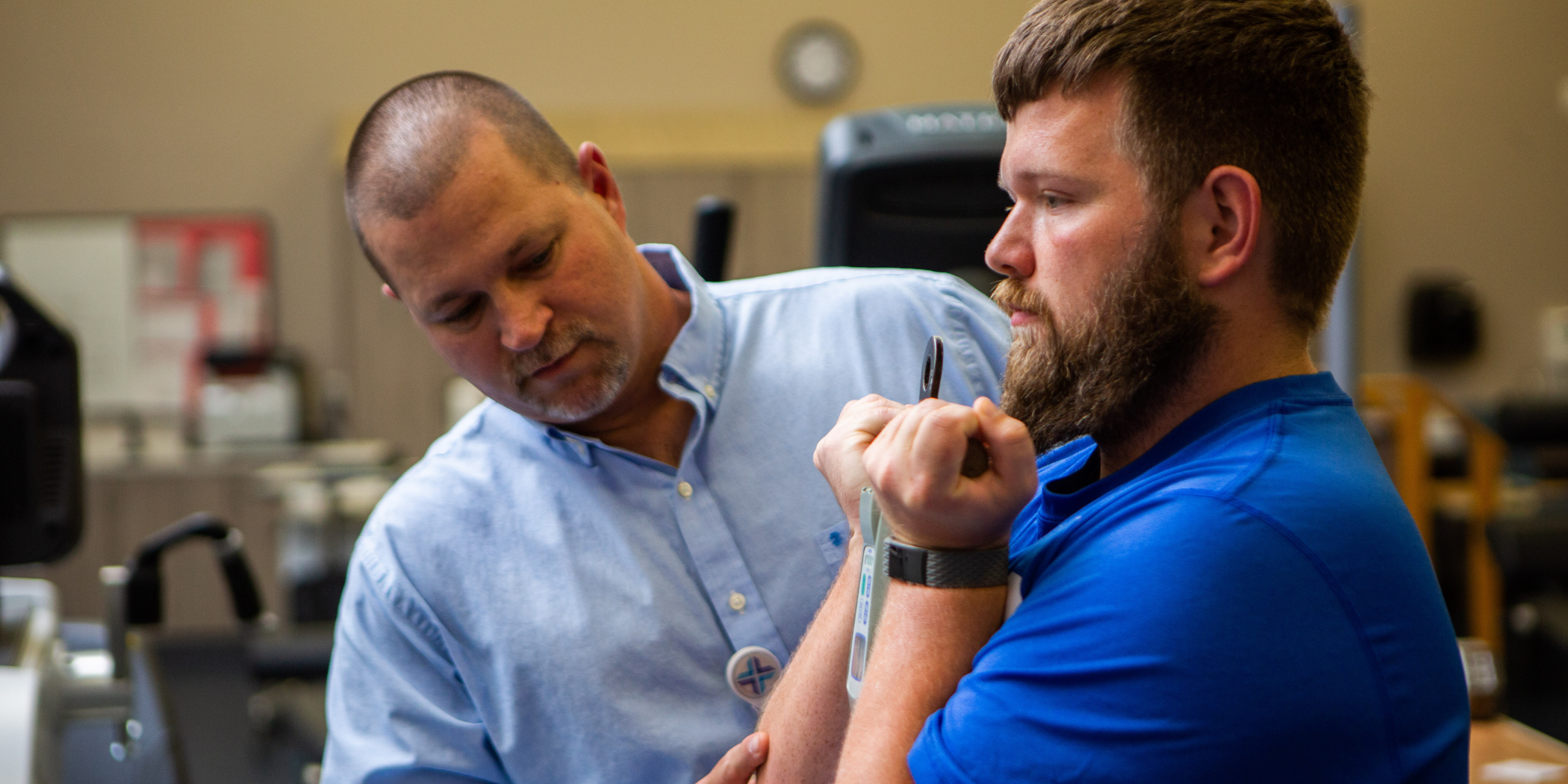
Is it Alzheimer's or Dementia?
We've all been there.
We can't find our car keys or can't remember where we parked at the grocery store. The name of a familiar face eludes our grasp.
Forgetting is a natural part of life, particularly as we age, but when does memory loss become something more?
Alzheimer's disease and dementia affect memory, but how do we know when we, or a loved one, might be experiencing such a disorder or when it's just typical forgetfulness that is a regular part of life? And what is the difference between the two?
Dementia can have many causes and symptoms, versus Alzheimer's, which is a specific disease that destroys the function of the brain.
"Think of dementia as an umbrella term," said Kurtis Melin, MD, a geriatrician with Spartanburg Regional Healthcare System. "Many different types of memory loss fall under that umbrella."
Alzheimer's is one of the most common types of dementia.
According to the Alzheimer's Association, it accounts for 60 to 80 percent of dementia cases, but there are many other causes of dementia, including Parkinson's disease, Huntington's disease and vascular dementia.
Most types of dementia are found in adults over the age of 65, and although they can occur earlier, it is less common, Dr. Melin said.
It's also much more than just forgetting your keys or where you parked. Dr. Melin said a hallmark of dementia is when those forgetful moments begin to affect a person's ability to function or perform tasks of daily living.
Dementia can affect more than just memory.
According to the Dementia Society of America, dementia in all its forms can also impact decision making, behaviors, and muscle and motor skills.
"Dementia has variations of how it looks from moment to moment just by the very nature of the disease," Dr. Melin said.
As people age, it becomes more difficult for people to learn new tasks – such as learning to use a smartphone, Dr. Melin said. If someone begins to forget normal functions, such as how to do a familiar job or how to navigate their own neighborhood, it can be a red flag.
If you suspect a loved one might be experiencing Alzheimer's or another form of dementia, Dr. Melin suggests making an appointment with a primary care doctor. He said testing can help determine where that person is on the range from mild cognitive impairment to more severe impairment. A detailed history of symptoms and timelines can also be taken from family members to help pinpoint a more precise diagnosis.
Although Alzheimer's - and most other forms of dementia - is a progressive disease that cannot be reversed, there are ways to slow its progress.
Medications can slow Alzheimer's, as well as keeping the mind active with games and puzzles. Staying physically active is also beneficial.
"It's important to stay engaged and stay active," Dr. Melin said.
Family and friends can help someone diagnosed with dementia by interacting and remaining engaged with that person. Interaction with loved ones is crucial, according to Dr. Melin.
In the case of vascular dementia, he said it is essential to control the underlying issue, such as high blood pressure, high cholesterol or diabetes.
The Dementia Society of America suggests taking seven actions if you are experiencing memory issues:
- Pause, take a deep breath
- Start an events journal
- Educate yourself daily
- Talk with loved ones
- Utilize helpful technology
- Consult with legal and financial professionals
- Don't assume a diagnosis and work with doctors early
Talk to your doctor if you're worried about your risk for dementia or call Medical Group of the Carolinas - Senior Health at (864) 560-6012 for an appointment.











